MyHBARWallet
MyHBARWallet is a free, open-source, and client-side interface that allows users to interact with the Hedera network. It was one of the first wallets to support HBAR, the native cryptocurrency of Hedera, and has played a significant role in the growth of the ecosystem.
Its core services is providing a user-friendly and secure wallet that allows users to create new Hedera accounts, generate and manage private keys, and send and receive HBAR and other tokens issued on the Hedera Token Service (HTS). It also supports staking, which allows users to earn rewards for helping to secure the network. A key feature of MyHBARWallet is its support for hardware wallets such as the Ledger Nano.
MyHBARWallet is a dedicated wallet for the Hedera ecosystem and utilizes all of Hedera's core services. It uses the Hedera Token Service (HTS) for all token-related functions, the Hedera Consensus Service (HCS) for any necessary transaction ordering and logging, and the Hedera File Service (HFS) for storing any relevant data. This deep integration with Hedera's fast, secure, and low-cost infrastructure makes MyHBARWallet a powerful and efficient tool for anyone looking to interact with the Hedera network.
Project Information
Related Projects

Onchain Custodian is a centralized exchange headquartered in Singapore. It specializes in providing secure and compliant digital asset custody services tailored primarily for institutional clients including entities such as investment funds, family offices, and other financial institutions managing significant digital asset portfolios.
The core of Onchain Custodian's offering is a global, standardized, and resilient service focused on security, convenience, and regulatory adherence. Their solutions incorporate multi-signature wallets and advanced security protocols.
Onchain Custodian has previously partnered with firms such as IBM, Merkle Science and Accuity to enhance its compliance and transaction monitoring capabilities. As well as platforms including Apifiny and exchanges such as KuCoin and CyberBank. Additionally, it has provided custodian services for tokenization platforms such as Polymath.
It has also collaborated with PixelPlex to secure wealth management tools, CACHE for custody services related to gold-backed tokens, and secured partnerships with multiple blockchain ecosystems including Hedera, Neo, Ontology, and Zilliqa.

The Reptilian Secret Society is a "play-to-earn" NFT project and decentralized community built on the Hedera network. It’s centered around a fictional universe where a secret society of reptilian beings has infiltrated every aspect of human society.
The core of the project is its series of NFT collections, starting with the "Genesis" collection of 10,000 reptilian characters. These NFTs serve as both digital collectibles and membership tokens, granting holders access to "The Syndicate," the project's decentralized autonomous organization (DAO). Ownership of these NFTs also provides access to various "play-to-earn" features, including the ability to stake NFTs to earn the project's native utility token. The ecosystem also includes a marketplace for trading the NFTs and a breeding mechanic that allows owners to create new "hybrid" NFTs.
The Reptilian Secret Society uses the Hedera Token Service (HTS) to mint all of its NFTs and fungible tokens, which ensures low, predictable transaction fees and fast, secure transfers.

The Hashgraph Tower is a real estate investment platform that democratizes access to property ownership through fractionalization and tokenization. Its aim is to allow anyone to invest in real estate projects from anywhere in the world, with a focus on environmental sustainability and transparency.
The core of The Hashgraph Tower's service is its online platform, where investors can browse and purchase tokens representing a share in a specific real estate property. These "HTOWER" tokens provide investors with a claim to the monthly income generated by the property, as well as the potential to profit from the appreciation of the asset. The platform is designed to be a "hands-off" investment, with The Tower managing all aspects of the property and investment. Key features include a promised average profitability of 9%, no entry or exit fees, and the ability to resell tokens at any time.
All investment projects are registered on the Hedera distributed ledger, which provides a transparent and immutable record of ownership and transactions. The platform utilizes smart contracts on the Hedera network to manage the investment process, from the initial funding of a project to the distribution of monthly income to token holders.

Transak is a global Web3 payment provider that builds developer-focused tools to bridge traditional finance with digital assets. The company’s core service is to enable users to seamlessly buy and sell cryptocurrencies directly within any decentralized application (dApp). This is primarily achieved through a simple, embeddable widget or API that developers can integrate into their platforms with just a few lines of code.
By handling the complex backend processes of payment processing, fraud monitoring, and regulatory compliance like KYC/AML, Transak solves a critical onboarding challenge for the Web3 ecosystem. It eliminates the need for users to leave a dApp, register on a centralized exchange, and manually transfer funds, which significantly reduces friction and improves user conversion rates. The platform supports a wide array of local payment methods across more than 150 countries, including credit/debit cards, bank transfers, and other regional options.
Transak is integrated with the Hedera network. This enables developers building on Hedera to provide their users with a direct and localized on-ramp to purchase HBAR and other Hedera-based tokens.
